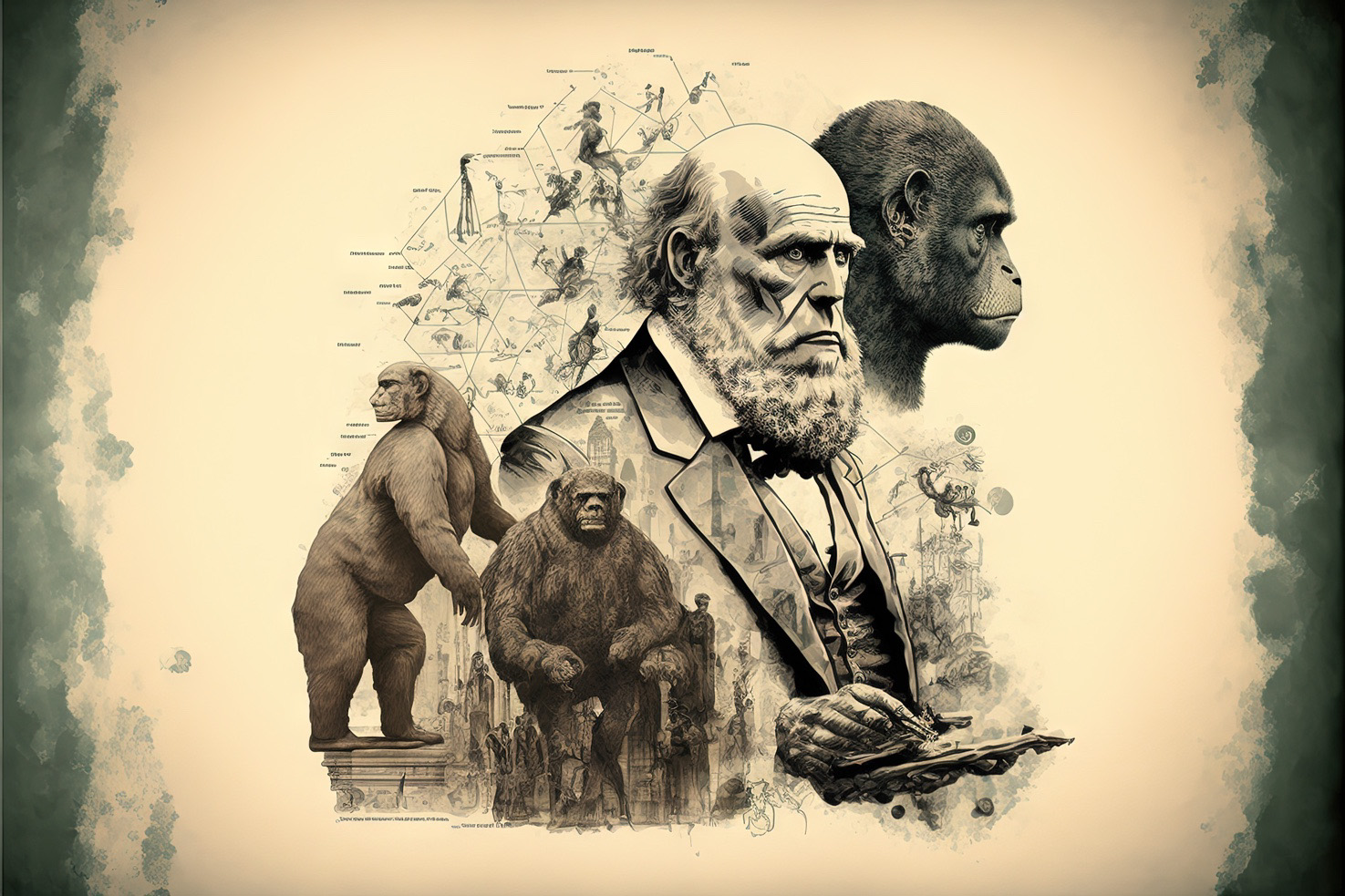Human evolution, why are we here? - Keys to understanding
Event
This "Keys to understanding" session will take place in the Coupole of the Institut de France and will be hosted by Mathieu Rouault, journalist at Grand Labo.
Informations pratiques
Location
Dome of the Institut de FranceDate
-
AdobeStock.com, Andrea Izzotti
The story of human evolution begins around 7 million years ago, when the lineage leading to man split from that of the chimpanzee. Over the course of time, more than twenty human-related species have succeeded one another, which can be grouped into three main groups: early hominins, australopithecines, and the genus Homo. But of all these species, only one remains today: Homo sapiens. What were the major stages in this human evolution? What do the most recent scientific studies tell us about the migrations of the first humans across the planet and how they adapted to the different environments they encountered? What successive interbreeding have we undergone? In short: why are we here?
These are the topics we'll be exploring in this new episode of Keys to Understanding, with four specialists:
Daniel Lieberman, paleoanthropologist, Professor of Human Evolutionary Biology at Harvard University.
Alice Leplongeon, archaeologist, CNRS research fellow at the Histoire naturelle des humanités préhistoriques laboratory (HNHP - CNRS/MNHN/Université Perpignan Via Domitia unit)
Eva-Maria Geigl, CNRS research director and co-leader of a paleogenomics team at the Institut Jacques Monod (IJM - CNRS/Université Paris Cité unit)
Lluis Quintana Murci, member of the Académie des sciences, director of the Human Evolutionary Genetics unit at the Institut Pasteur, professor at the Collège de France (Human Genomics and Evolution chair).
This "Keys to understanding" session will take place under the Dome of the Institut de France and will be moderated by Mathieu Rouault, journalist at Grand Labo.
Doors open at 12:00 pm.